Questionhello ma'am, i read an article in internet about dead grass. its said that dead grass is rich in sugar and horses shouldn't be exposed onto dead grass for grazing, else they would be a victim of laminitis. is it correct?
AnswerHi Rohit,
Thank you for our question. Once a grass or legume matures into and past its bloom stage it becomes less nutrient dense...because it has less sugar, protein and minerals on a percentage basis. So if a grass has died off in the end of a growing season, it will in fact have lower sugar content. However, a plant that is stressed and dying because of heat or drought stress can have elevated levels of a type of non-structural carbohydrate (kind of like a sugar) that can trigger laminitis in horses that are prone to (or have a history of) laminitis. A horse that is not prone to laminitis can eat that same stressed plant and never show any signs of laminitic activity. Horses with a history of laminitis should not be allowed to eat stressed forages.
What makes horses prone to laminitis? That's what the scientific community is stilling trying to figure out. The mechanism of the disease is well known...in other words it is well understood how the foundering foot falls apart. What we are still trying to figure out is exactly what causes the disease. We know the triggers, we just need to pinpoint the exact etiology of laminitis.
Thanks, Corlena

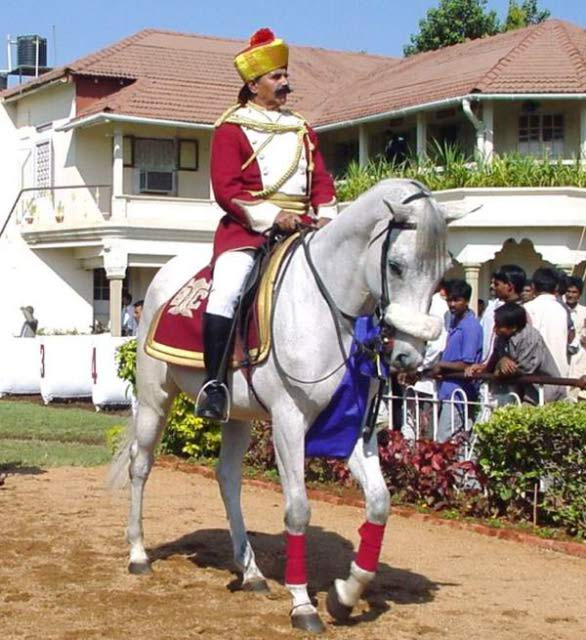 horse appearing fat
Question
horse appearing fat
hello maam, is this
horse appearing fat
Question
horse appearing fat
hello maam, is this
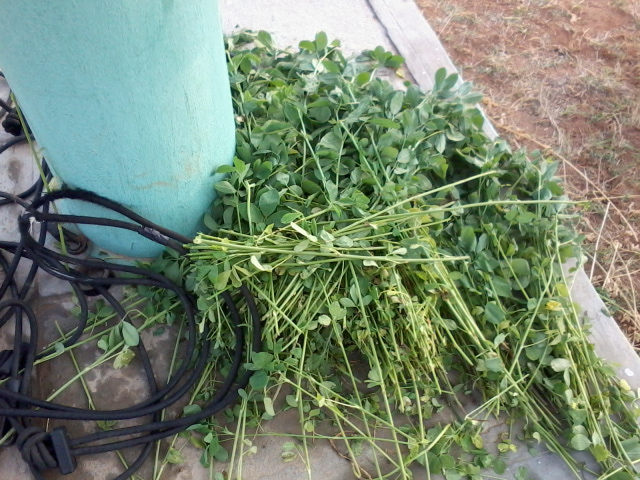 alfalfa grass for baby horses
Question
alfalfa grass
hello maam, my trainer ke
alfalfa grass for baby horses
Question
alfalfa grass
hello maam, my trainer ke
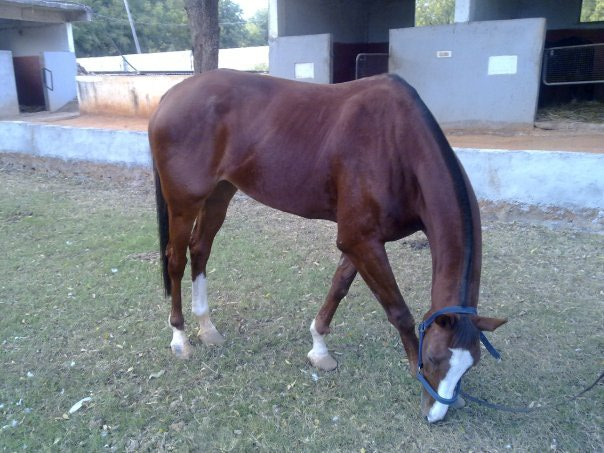 horse lacking muscle
Question
horse lacking muscle
hello maam, can i
horse lacking muscle
Question
horse lacking muscle
hello maam, can i
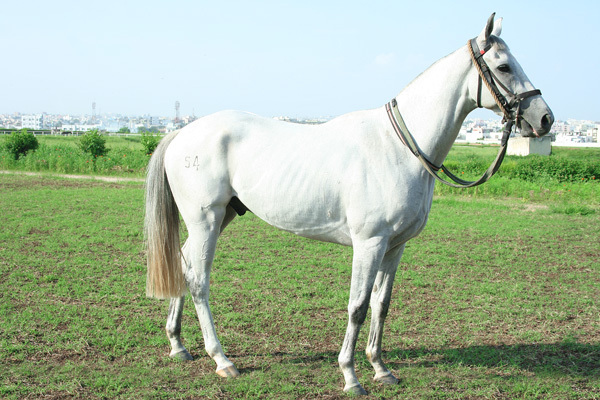 guessing the horse weight seeing it
Question
guess weight
hello maam. this is a thor
guessing the horse weight seeing it
Question
guess weight
hello maam. this is a thor
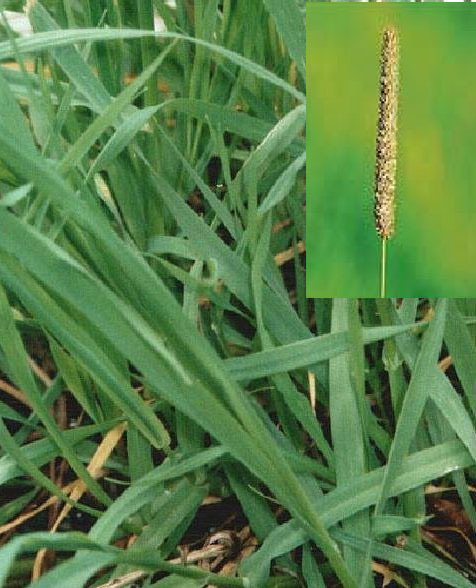 which breed fo grass is this one
Question
which breed fo grass i
hello, what breed of gr
which breed fo grass is this one
Question
which breed fo grass i
hello, what breed of gr